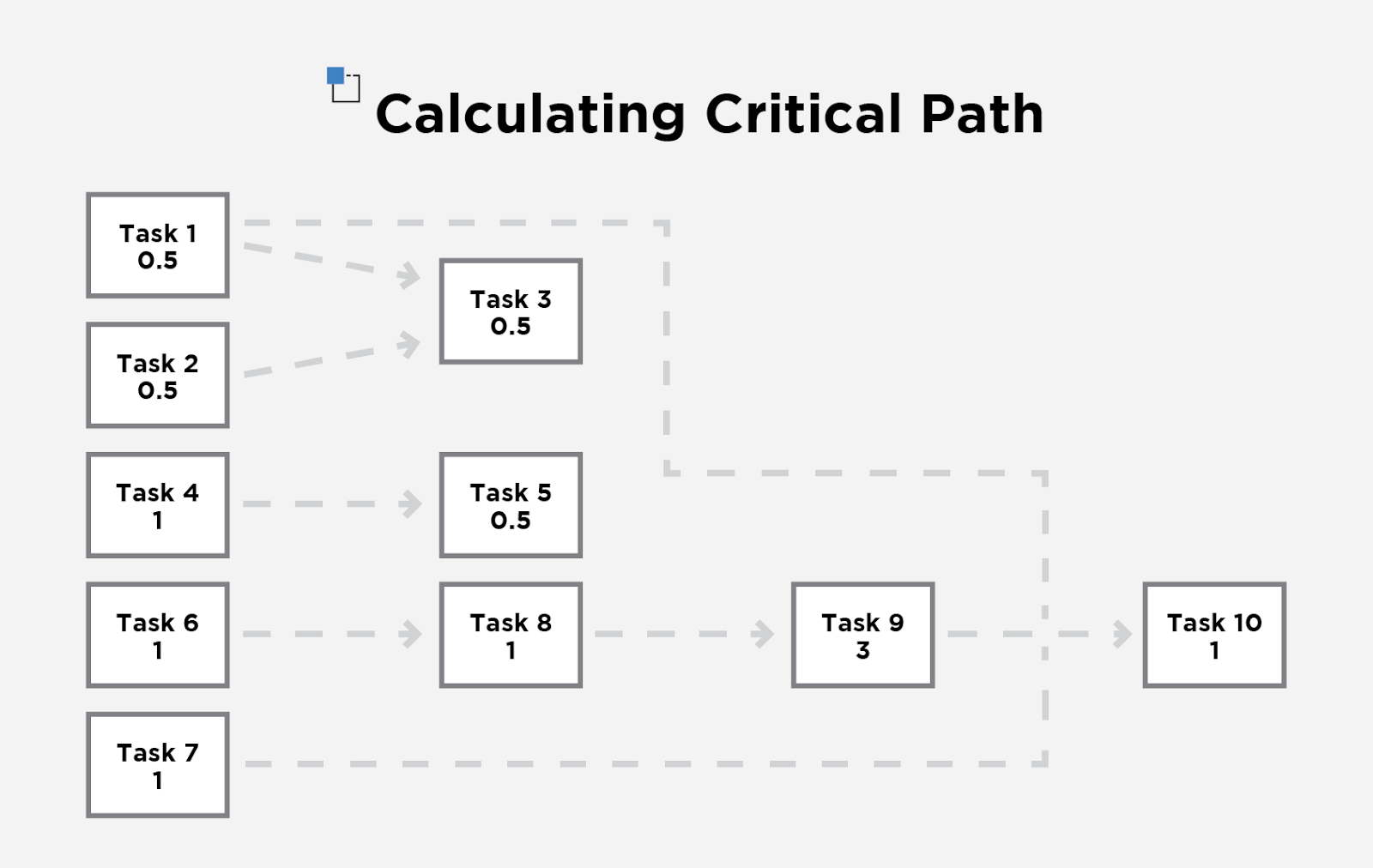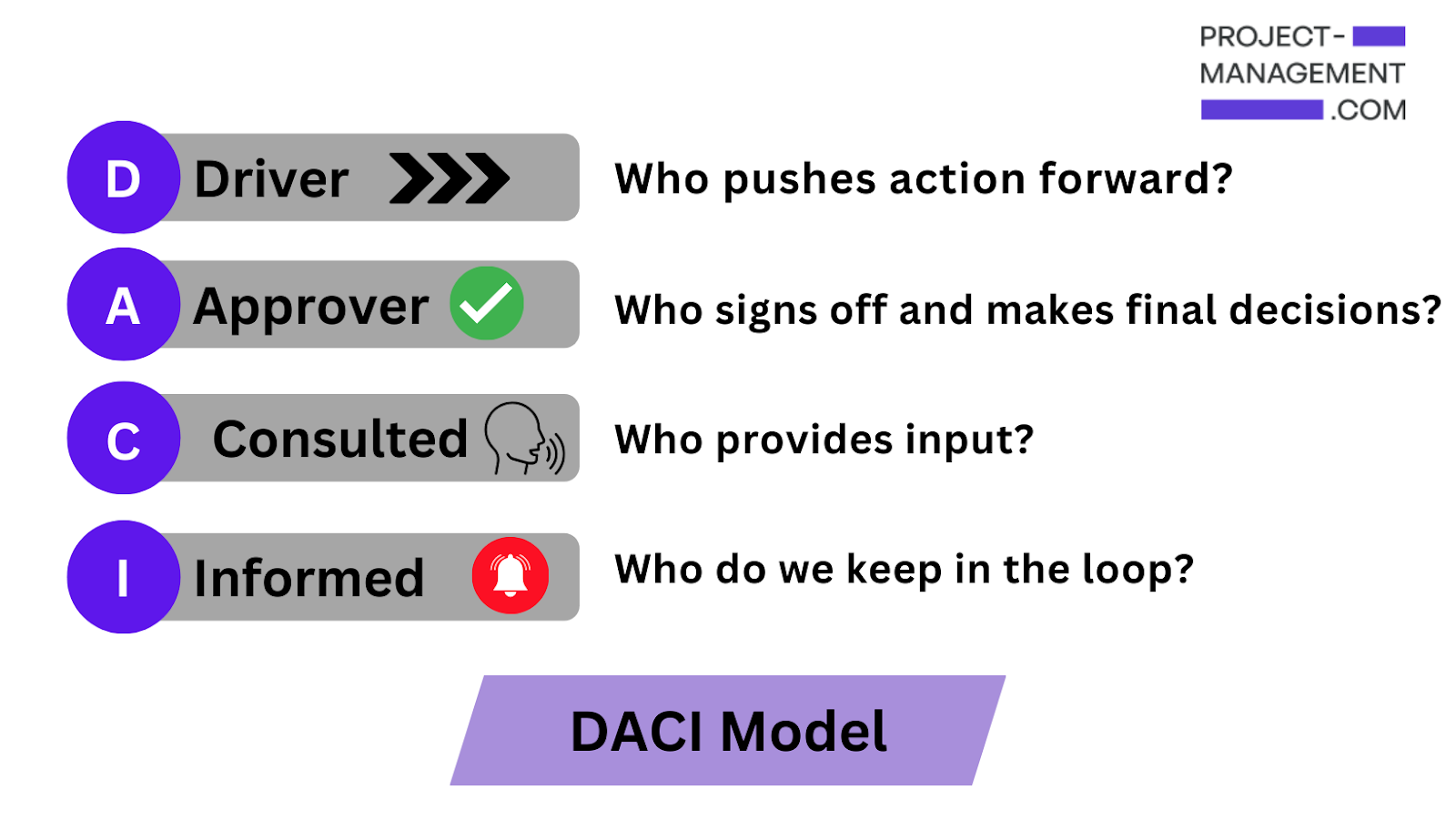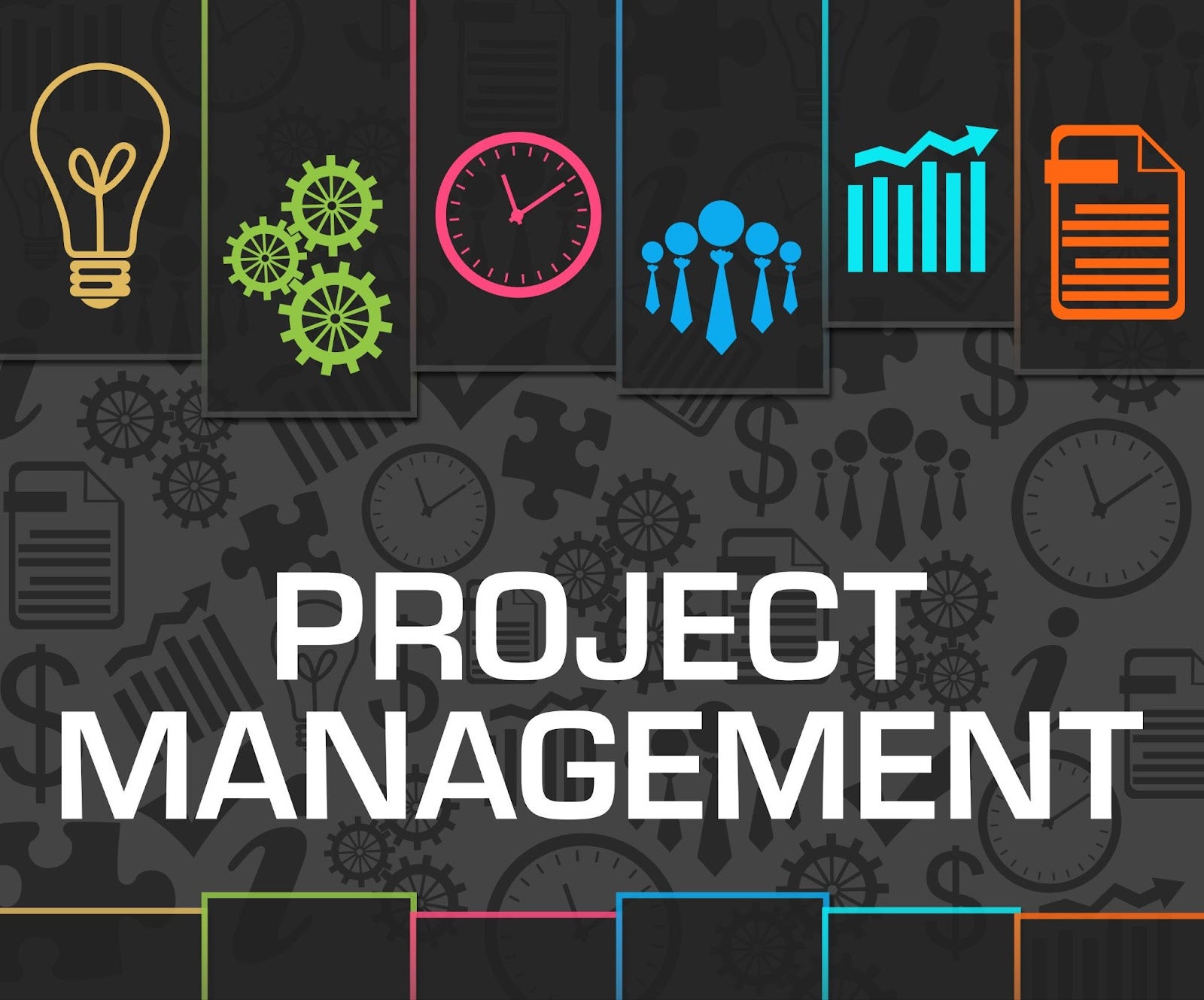Everything you do in your project accounts for some form of cost. The more time you take, the more wages you have to pay. The same goes when you add manpower and scope. But how do you know if you’re already on the brink of exceeding your budget, or if you’re still on track? Enter accounting software tools.
Project accounting software helps you track your project’s costs as they happen. This is different from a financial accounting tool, which enables you to check for profits and losses at the end of a set financial period. Project accounting software gives you real-time information so you can evaluate decisions as you proceed with your project.
Read more: Project Accounting Software Comparison
6 Reasons Why You Need Project Accounting Software
1. Resource Allocation
For most of us, budgets and resources are limited. This emphasizes the importance of intelligent allocation. Are you going to invest in tools that can help speed up part of your process? Or will you be better off hiring a senior member who can optimize your production pipeline as a whole? Will you outsource additional staffing for your next project deliverable? Or would you rather negotiate for more time?
Using a project accounting tool can help you evaluate this. With data, you’ll be able to gauge which course of action will help you
maximize your resources more effectively.
2. Sound Decision Making
Problem solving and decision making are massive parts of project management. This involves
risk assessment, as well as evaluating costs and benefits. For example, adding additional manpower to your team when you’re lagging behind in your schedule will undoubtedly incur additional expenses.
However, keeping your team’s current size might push them into crunch and overtime in order to meet your time commitment to your client. Will overtime and night differential wages cost more than additional team members working regular hours? While some decisions may involve non-financial elements, it’s undeniable that most still correspond to a certain type of cost. Project management accounting software can help you confront these issues and
decide based on hard facts.
3. Change Management
As production proceeds, you’ll inevitably encounter new pieces of information. Once you do, you’ll have to decide if this new information is worth adjusting for, or if it’s simply a distraction to your current objectives. Project accounting software can help you evaluate
the tangible impact a proposed change may have on your costs and workflow. These pieces of information can help you backup your call to the parties you report to.
Stakeholders might push you into considering the change, but at the end of the day, it will be your responsibility to help everyone align and decide which changes are worth applying, which ones need to be investigated further, and which ones you’re better off ignoring.
Read more: Importance of Change Management for Project Success
4. Payments and Invoicing
Invoicing and
keeping track of payments is an essential but taxing job. As a project manager, your attention is needed on so many things: project progress, team morale, client updates, deliverable audits, and more. Adding invoicing (and often payment chasing) to the mix can be more daunting than it should be. The best project accounting software available can help you automate this process. This way, you can focus on what needs your attention at the moment, and trust that this administrative side of your project operations won’t fall through the cracks.
5. Client Coordination and Reporting
Sending regular and detailed updates to your stakeholders is an excellent way to maintain a good relationship. This assures them that you’re making progress, and properly maximizing the resources they provided.
Making these reports involves gathering all available data, organizing it, and laying it out so it’s easy to digest. This can be tedious, especially during hectic times. To automate this process, a project accounting software tool will come in handy. With a few clicks, you can generate and distribute thorough reports. This ensures you’re sharing accurate, updated information that’s complete and well-presented.
6. Effective Foresight
The best time to solve problems is before they happen. Project accounting software with projection features can help you with this. Just as you’ve laid out your work plan, evaluate the parts that look like they’ll use a lot of your resources. Is this aligned with your project objectives, or is a minor feature taking up too much of them? In the event of a delay, how will your current decisions affect your project as a whole?
Having quick access to tools that can help you predict possible outcomes will help you and your stakeholders decide on the best courses of action. It’ll also help you identify the contingencies you need to prepare to mitigate the effects of anticipated problems.
Project Managers Are Resource Managers
You can’t manage what you don’t measure. As a project manager whose job is to manage resources, tracking is paramount. Your daily decisions will affect the overall success of your project. And apart from business goals and priorities, resource allocation is a crucial factor when you’re discerning your next course of action. Project management accounting tools help you record, organize, and evaluate information to make sound decisions and communicate them effectively.
Read next: Top 10 Reasons Why Projects Fail




